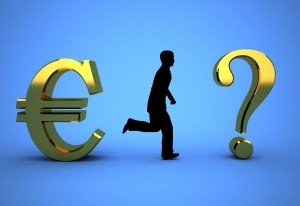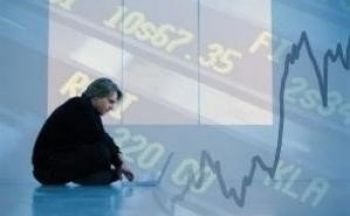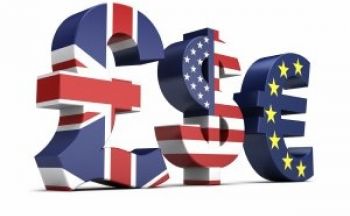Foreign exchange market: better than the stock market?
Unlike the stock market, where shares are bought and sold, the money in the currency market itself being traded.

Just like the stock market, the foreign exchange market is determined by prices (ask/bid).
Currency trading resembles stock trading in most ways. But you do not buy stocks, instead you buy currencies. And the value itself is the monetary unit used in one or more countries.
If you buy the Australian Dollar, it's a bit like buying shares in the economy of Australia. Buy Australian dollars if you think it will go well with the economy "down under". Later, you can sell your Australian dollars, and hopefully achieve a profit on this sale (if the Australian dollar has strengthened as expected).
The exchange market has no physical origin, such as the NYSE (New York Stock Exchange). It is a decentralized market, unlike the stock market which is centralized with a stock exchange as an intermediary between buyer and seller.
The currency market is open continuously 24 hours a day, and is powered by a huge network of banks ("interbank market" or "OTC" / "over the counter").
Participants in the foreign exchange market
The participants are private traders like you and me, as well as everyone else who buys currencies, such as banks and companies.
In fact speculators account for over 90% of turnover in the foreign exchange market. Commercial and financial transactions are of course also for a significant portion of sales, but there is speculation that drives the market.
These are the participants of the foreign exchange market:
- Speculators are those that account for 90% of turnover in the foreign exchange market. These include hobby speculators, professional daytradere, super rich traders as well as poor students. All they play a role in the world's biggest financial market.
- large banks - the biggest banks in the world. They act on behalf of their clients, but also between other large banks (the interbank market).
- Cap - trades in currency market to make transactions. For example, if Dell to buy electronic parts from China, they may exchange U.S. dollars to Chinese yuan before they can complete the transaction.
How to trade currencies?
There are many different ways to buy and sell currencies:
Spot trading - ("spot": instant) You act immediately. This is the currency in its simplest form.
Futures trading - ("futures" = future) It buys or sells a contract. The contract consists in having to buy or sell a currency at a specified price on a future date.
Option trading ('option' = select / option) Unlike futures, which you MUST fulfill the contract (ie you need to buy or sell the currency stated in the contract), you will be in an option given the opportunity to buy or sell a currency at a future date, but you are not obligated to buy or sell anything.
ETF (Exchange traded funds) are funds made by banks or financial institutions, and traded in the same way as shares. Instead of buying a stock, you buy a fund that is. The fund may consist of a set of both stocks or currencies, or just a part.



